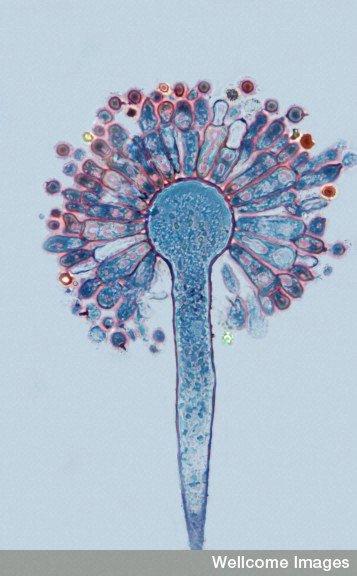STOP Drinking Tea Until You Watch This-Dr. Eric Berg
Many people drink tea on a daily basis. But, there are three things you need to know if you’re a tea drinker.
Three important things to know about tea:
1. Certain teas are high in tannins
• Tannins bind iron, zinc, and calcium
• Tannins block the absorption of vitamin B1 (a B1 deficiency may cause anxiety)
2. Certain teas are loaded with heavy metals (aluminum, lead, and arsenic)
• Teas from China may have higher amounts of heavy metals and pesticides
3. Certain tea bags are bleached with chlorine
• The chemical used (epichlorohydrin) is a carcinogen
You don’t need to stop drinking tea altogether. You just need to do a few simple things first, including:
1. Ensuring your tea is organic
2. Taking vitamin B1 and minerals
3. Buying loose leaf tea or making sure your tea bags are bleach-free
4. Researching your tea and finding out where your tea comes from
Dr. Eric Berg DC Bio:
Dr. Berg, age 57, is a chiropractor who specializes in Healthy Ketosis & Intermittent Fasting. He is the author of the best-selling book The Healthy Keto Plan, and is the Director of Dr. Berg Nutritionals. He no longer practices, but focuses on health education through social media.
STOP EATING THIS! 3 Foods That Are Dangerous for Your Health
Sadhguru advices not to eat these 3 food types, it causes health issues in long run. These foods are not advised to be eaten since it can cause various types of health issue, it damages you from within.
switch your diet accordingly to sattvic food for better health.
3 Foods That Are Dangerous for Your Health
NEVER EAT THIS AGAIN! 3 Foods That Are Destroying Your Health
Storing Potatoes Long Term
The story of aflatoxin and the effective solution
Aflatoxins

What are aflatoxins?
Aflatoxins are a family of toxins produced by certain fungi that are found on agricultural crops such as maize (corn), peanuts, cottonseed, and tree nuts. The main fungi that produce aflatoxins are Aspergillus flavus and Aspergillus parasiticus, which are abundant in warm and humid regions of the world. Aflatoxin-producing fungi can contaminate crops in the field, at harvest, and during storage.
How are people exposed
to aflatoxins?
People can be exposed to aflatoxins by eating contaminated plant products (such as peanuts) or by consuming meat or dairy products from animals that ate contaminated feed. Farmers and other agricultural workers may be exposed by inhaling dust generated during the handling and processing of contaminated crops and feeds.
Which cancers are associated with
exposure to aflatoxins?
Exposure to aflatoxins is associated with an increased risk of liver cancer.
How can aflatoxin exposure
be reduced?
You can reduce your aflatoxin exposure by buying only major commercial brands of nuts and nut butters and by discarding nuts that look moldy, discolored, or shriveled. To help minimize risk, the U.S. Food and Drug Administration (FDA) tests foods that may contain aflatoxins, such as peanuts and peanut butter. To date, no outbreak of human illness caused by aflatoxins has been reported in the United States, but such outbreaks have occurred in some developing countries.